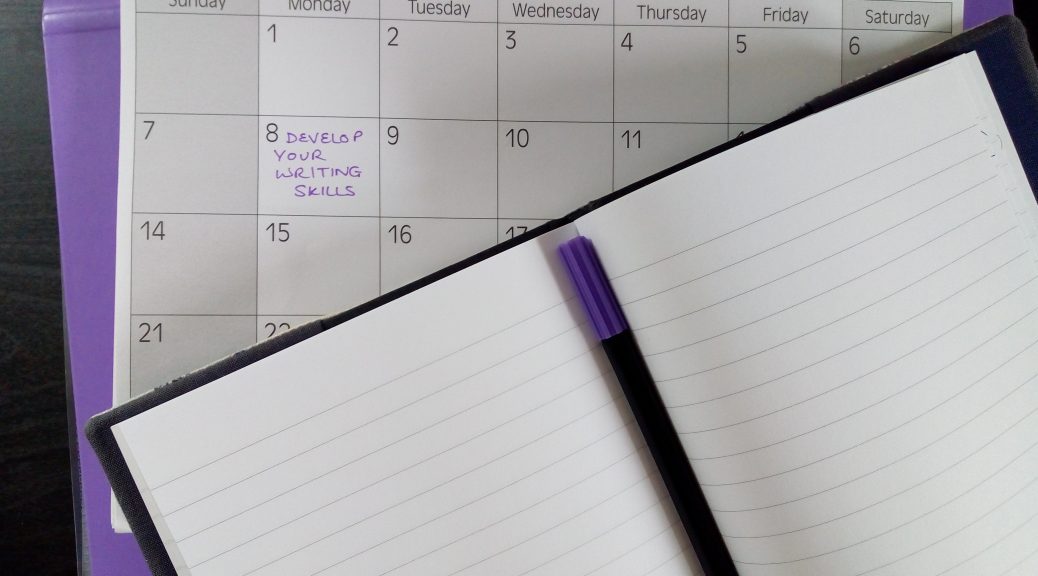
Why I love using Local Writers and Bloggers to Emphasise Learning Points
Like many other areas, Bristol is blessed with lots of talented and competent writers to choose from. So, this week to inspire participants on the Develop Your Writing Skills course, we looked at blogging techniques through the work of local bloggers, writers and authors in Bristol.
The learning
The learning outcome for this session was to identify different types of blog posts and articles as part of the overall outcome of writing one.
Explaining to participants how to write different styles of posts is one thing, but being able to show them real, live examples of excellent work online and, then, getting them to work out for themselves what characteristics each type of post has, brings in a much deeper level of learning.
The blogs we looked at
The group were thoroughly engaged exploring different posts. They read a ‘review’ by Lisa Cadd at the The Fuss Free Foodie, a ‘Top 5’ post by Jenni Sheldon at Travel to Recovery, a ‘case study’ by Bristol based author Ali Bacon on the The Alliance of Independent Authors page and a ‘How To…….’ post by Amy Morse at Learn To Love Your Words. For each article they highlighted the factors that identified the type of post.
Why I chose them
All the examples showed sound knowledge and great content and layout. They were well structured and their passion for writing about their areas of expertise clearly showed through.
The participants on the course were inspired, encouraged and, most importantly of all for me, excited by the thought of writing after seeing input from these local writers. They opened their eyes to opportunities and possibilities through seeing that people in their neighbourhood are not only writing well, but are also successful in their profession.
Why use local writers?
Boosting Confidence
While it can be very tempting to go straight to well known websites, authors and bloggers to look for examples, I believe something special happens when we use local examples. It becomes real for the learner. It’s a step closer than the out-of-our-reach famous examples. It stops us from saying “Oh yeah, but that was Shakespeare,” and the little voice inside that thinks we can’t quite up our game that much.
“If the tutor is expecting me to produce world famous literature, I may as well go home now.”
Little Voice Inside, sometimes known as the Inner Critic
It puts us off. The gap is too big between where we are when we are starting and where we think Shakespeare is on the literary levels. I’m not suggesting we can’t aim to be the next Shakespeare, Harper Lee or Maya Angelou, of course, or to avoid using this type of material in a teaching session. It’s fantastic to look at a wide range of examples and set goals. However, we can also show our learners that there are people on our doorstep writing successfully at a high standard.
Raising awareness
Using writers from your community is also a great way of promoting local skills and talent. These writers don’t always have the budget to market as much as they’d like to. Using them in the classroom highlights their work and raises awareness of what they do. As writer Stacey Megally points out on Bookriot, reading local authors or bloggers can give the local economy a boost in the same way it does when we shop locally or use local suppliers.
Building relationships
Local writers can help us to widen our social network. They are often involved in writing groups and community events such as the Bristol Literature Festival that bring people together and build relationships in the area. These groups and events enable us to meet new people and make friends.
Results
I loved being able to share the work of these writers to motivate others to write. The group made a connection (albeit a virtual one at the moment) with writers and bloggers that they didn’t know about and learnt something from all of them.
The course participants left feeling enthusiastic. They set themselves goals to research – an important habit as a writer – and responded well to the suggestion from me that they write a post. In the previous session they had been asked to list at least twenty topics they could write about, so I’m looking forward to seeing what they come up with and possibly seeing them join the Bristol pool of local writers in the near future.
To find out more about the courses and workshops I run, please email me at travelwritechange (@) gmail.com.
Thank you for reading.
See you anon,
Rebecca